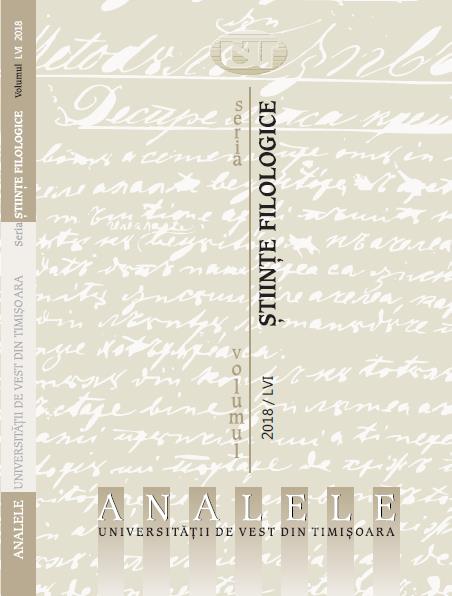Michel Tournier : Un Ecrivain Canonique ?
Michel Tournier: A Canonical Writer
Author(s): Luciana Penteliuc-CotoșmanSubject(s): Language and Literature Studies, Studies of Literature
Published by: Editura Universităţii de Vest din Timişoara
Keywords: Michel Tournier; classic; canonization; traditional novel; intertextuality;
Summary/Abstract: In the current civilizational context, where globalization and nationalism, identity anxiety and multiculturalism, individualism and pluralism, unity and diversity, the proliferation of cultural productions and the crisis of values clash against the backdrop of postmodern relativism and profound transformations (massification of culture, uniformization, interconnection), caused by the explosive development of new technologies and the omnipresence of the digital, the debate around the canon maintains its relevance and continues to attract interest. It touches upon a complex problem, combining tradition and value, quality and classicity, heritage and model, norm and conventions, so many notions polarized by this concept which, controversial as it is, constitutes one of the great symbolic edifices of our culture. The journey and work of a writer such as Michel Tournier, whom critics and the general public agree to consider a classic, allow us to shed some light on the various aspects of this problem and to reflect on the new questions and conceptions revolving around the literary canon. The question of Michel Tournier’s status gives us the opportunity to question the canon as a structure, the criteria and the degrees of canonicity, the processes, practices and mechanisms of canonization, the relationship between inscription in a formal tradition and originality, conformity to certain criteria regarding values and freedom of creation, uniqueness and universality, adequacy with the valued features of a model and the transgression of the norm. The ensuing reflections anchor themselves in a new, more flexible conception of the canon, seen as a dynamic and fluctuating reality, permeable to changes and adapted to the pluralistic nature of contemporary societies, based on a principle of openness and a consensus that is negotiated and continuously redefined.
Journal: Analele Universităţii de Vest din Timişoara.Seria ştiinţe filologice
- Issue Year: 2018
- Issue No: 56
- Page Range: 155-167
- Page Count: 13
- Language: French

